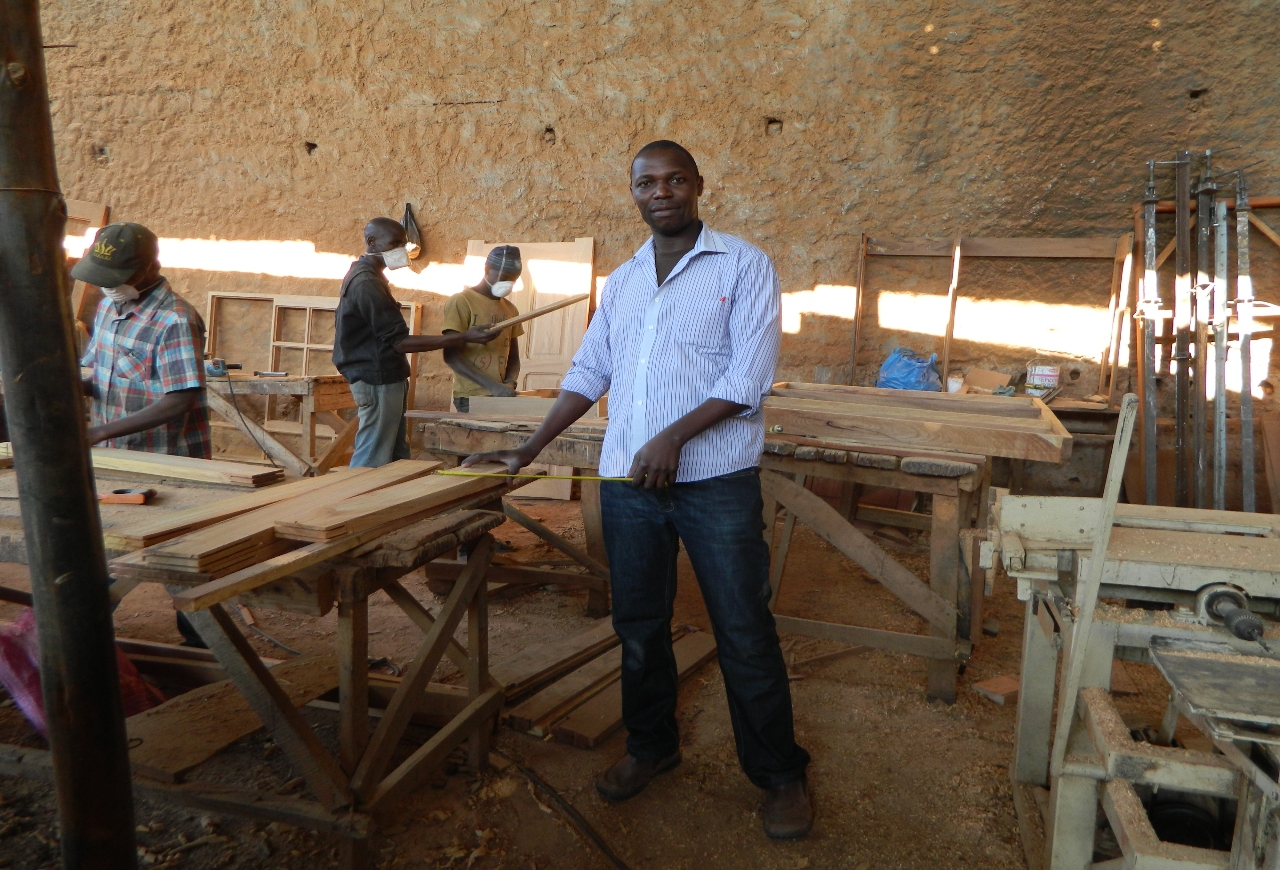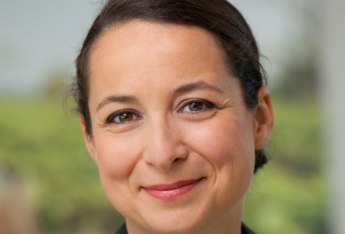The Dutch development bank FMO and Austrian DFI Oesterreichische Entwicklungsbank have invested $20m into the Regional MSME Investment Fund for sub-Saharan Africa.

Dutch DFI FMO and Austrian DFI Oesterreichische Entwicklungsbank (OeEB) have invested $10m (€9.1m) each into the Regional MSME Investment Fund for Sub-Saharan Africa (REGMIFA), a social impact investment fund helping to finance the growth of Africa’s micro, small, and medium-sized enterprises (MSMEs).
Managed by Geneva-based Symbiotics Asset Management, REGMIFA is a Luxembourg-registered blended finance fund, which provides loans to a range of financial institutions, including microfinance institutions, fintech startups, and mid-sized banks focused on SME financing. The aim of the fund is to advance key sectors such as education, agriculture, and clean energy, alongside traditional microfinance and SME banking.
Speaking to Impact Investor, Laure Wessemius-Chibrac, chairwoman of the REGMIFA board, said: “REGMIFA is always on the lookout to open new markets. In 2010 when the fund was initiated, microfinance in sub-Saharan Africa was very new, then it developed an offering in SME finance because that was the next frontier. Now, we’re looking to improve access to basic services for low and middle income households in key sectors such as education, agriculture and clean energy alongside the more traditional business model of microfinance and SME finance.”

The $20m funding from FMO and OeEB will be invested into B shares and will be used to grow REGMIFAs portfolio of financial institutions across the region, offering financial support not only to SMEs but also to low- and middle-income households across 22 countries, including 13 least developed countries (LDCs).
Sabine Gaber, member of OeEB’s executive board, said: “REGMIFA is a perfect match with our goal to increase financial inclusion of MSMEs in order to foster development, create jobs and combat poverty in sub-Saharan Africa, one of our core strategic focus areas.”
Catalytic capital
This is the third investment into the fund for both FMO and OeEB. OeEB initially invested $3m when the fund launched and FMO invested €5m in 2011. Both DFIs invested $10m each again in 2020 before making this latest commitment.
Florian Grohs, relationship manager at Symbiotics, told Impact Investor that the DFIs’ repeat investment into the fund was testament to its positive impact and that their willingness to take on a higher level of risk through B shares would act as a catalyst to attract more investors.
“The continuous support of DFIs is proof of the fund’s strong return on impact and will help us to attract private investors,” said Grohs, pointing to existing investors ASN Bank and GLS bank, both of which operate ethical banking businesses and which, he said, would only invest if “their risk was, at least somewhat, mitigated by other investors through B shares.”
Blended finance structure
Wessemius-Chibrac said REGMIFA’s blended finance structure could also be considered at an investor level and at an investee level: “We have different types of investors in the fund, for example the German and Spanish governments have provided first-loss capital through C shares, we have junior equity in the form of B shares and senior equity in the form of A shares. We also have noteholders in the fund.”
“At an investee level, we provide support both through the loans we offer as well as through our technical assistance facility.”
This, she said, included helping investees to improve gender equity within their own businesses as well as through their portfolio investments by supporting female entrepreneurs and female-led SMEs.
“We are currently working on aligning REGMIFA with the 2X Challenge. That’s a key aim of the FMO investment.”
The 2X Challenge is an initiative launched at the G7 Summit in 2018 as a commitment by DFIs to collectively mobilise private sector investments aimed at improving the lives of women in developing country markets.
Lending to MSME in sub-Saharan Africa
Since its inception in 2010, REGMIFA has invested $670m through its loan portfolio of financial institutions across sub-Saharan Africa, which in turn have reached more than two million micro-entrepreneurs.
FMO said that key for them was that the fund reached financial institutions that on-lended to MSME end-borrowers that were either too small or risky for FMO to directly invest in itself. It also wanted to see the funds allocated to countries outside of FMO’s portfolio, such as Niger, Angola, and Mali, allowing the DFI to maximise its impact across the African continent.
Juan Jose Dada Ortiz, director of financial institutions at FMO, said: “By renewing our commitment to REGMIFA through our long-term partner Symbiotics, we’re able to reach smaller financial institutions and end-beneficiaries in LDCs and frontier markets outside of our portfolio, allowing us to maximise our impact.”
Environmental and social risk management
REGMIFA said it had an environmental and social management system in place to conduct due diligence as well as a risk assessment and monitoring of its investees, and ensured that all loan recipients adhered to rigorous environmental and social risk management practices.
“A lot of fund managers pay attention to their own social and environmental impact but we’re trying to go a step further by helping our investees understand the social and environmental impacts of their businesses and the MSMEs they lend to” said Wessemius-Chibrac.






